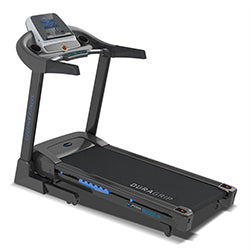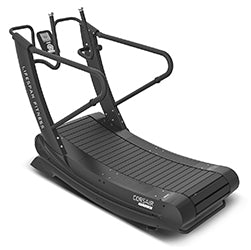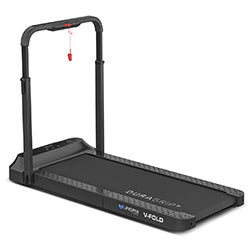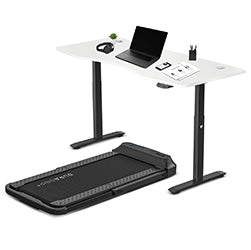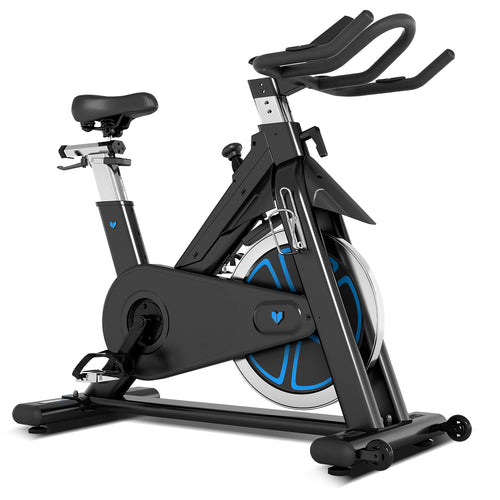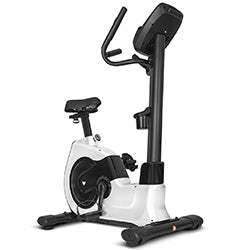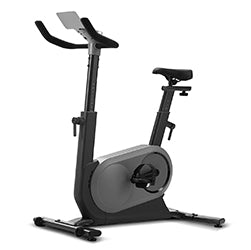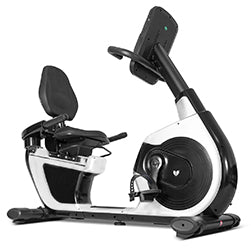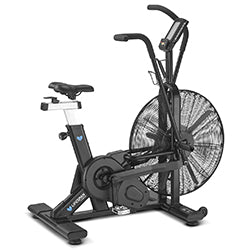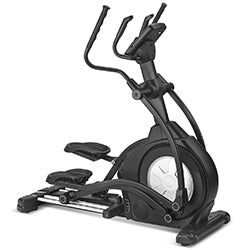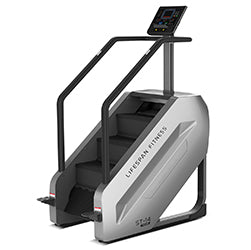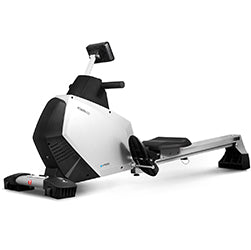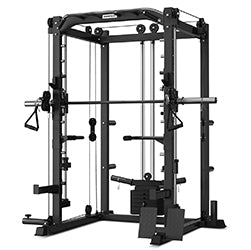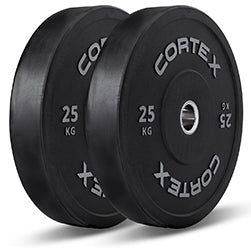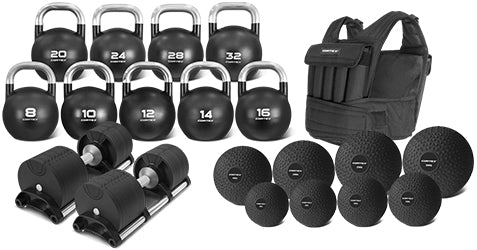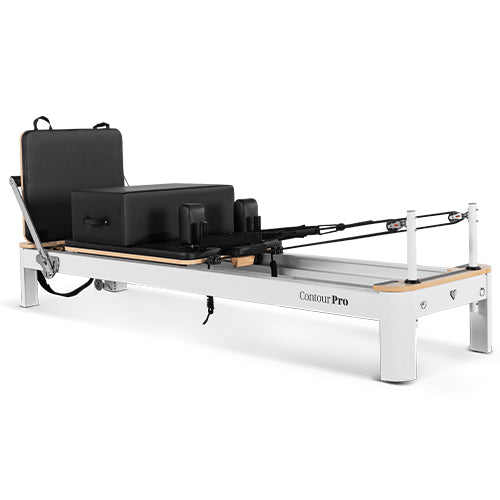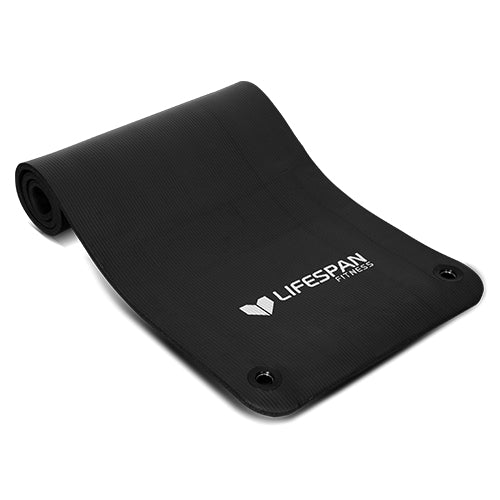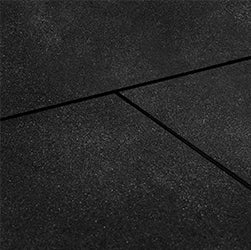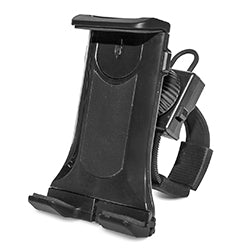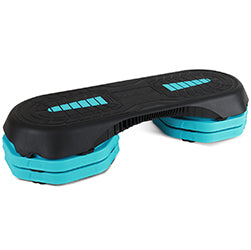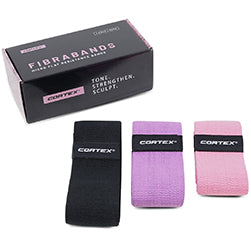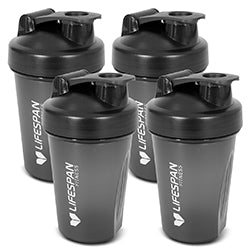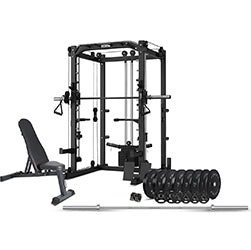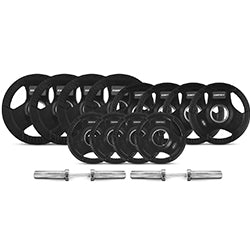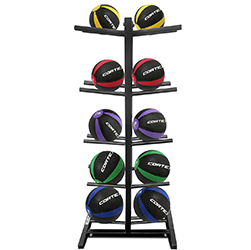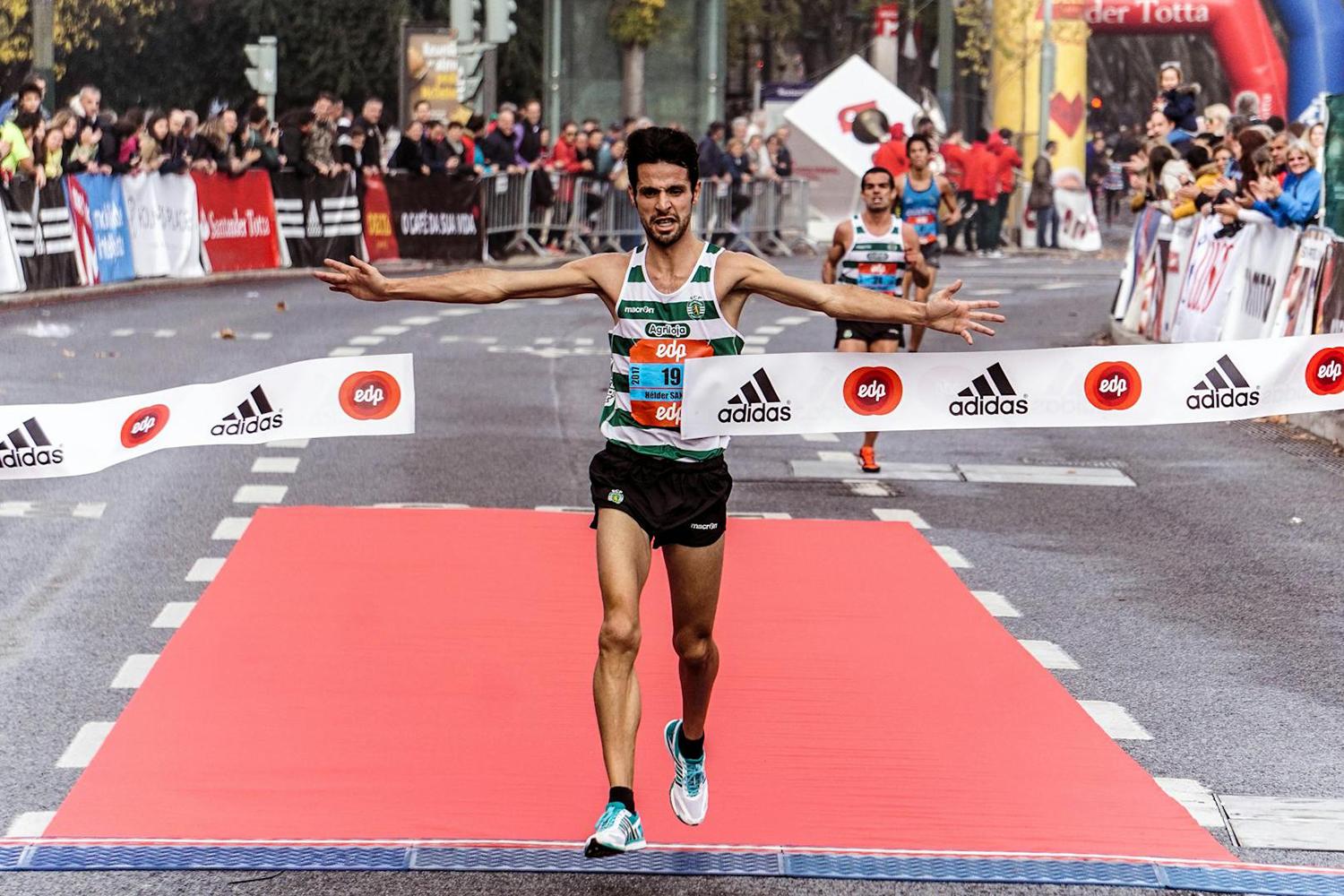

Running a marathon is a deeply challenging and incredibly rewarding experience. We’ve talking before about how to train for a marathon, but what’s often neglected is a plan for recovery after the marathon done and dusted.
Recovery is such an important aspect of any fitness challenge. A proper recovery routine can restore your body as well as minimise the risk of any problems down the line.
Effective recovery after a marathon involves a combination of immediate post-race strategies, rest, active recovery and proper nutrition. Here, we’ll be giving you our best tips for efficient recovery so that you can easily build your post-marathon recuperation plan.
Immediate Post-Race Recovery
Cooldown
It all starts with a proper cooldown in the immediate aftermath of the big event. Begin with a gentle walk for 5 to 10 minutes to gradually lower your heart rate and prevent blood from pooling in your legs. This helps reduce muscle stiffness and promotes circulation.
Follow up with static stretching to target key muscle groups used during the race, such as your calves, hamstrings and quadriceps. Stretching helps release muscle tension and can prevent soreness.
Hydration

During the race, you lose a significant amount of fluid and electrolytes through sweat, so replenishing these is crucial. Start by drinking water to restore fluid balance, then include beverages with electrolytes, such as sports drinks or coconut water, to replace lost sodium, potassium and other minerals.
Avoid excessive caffeine or alcohol, as they can contribute to dehydration. Proper hydration helps prevent cramps, supports muscle recovery and aids in digestion. Aim to continue drinking fluids throughout the day following the marathon to ensure optimal hydration levels.
Refuel with Carbs

Your body depletes its energy reserves at a fast rate during a marathon, so consuming carbs helps restore these levels and aids in muscle repair. Choose easily digestible, carbohydrate-rich foods such as fruits, whole grains and sweet potatoes within 30 minutes post-race to kickstart the recovery process.
Pair carbs with a source of protein to enhance muscle repair and recovery. This balanced refuelling approach helps restore energy and prepares your body for future physical activities. Regularly incorporating carbs into your diet supports sustained energy levels and optimal recovery.
The First 24 Hours
Rest and Sleep
Your body needs time to repair and rebuild after the physical stress of the race. Aim for a full night’s sleep, as this allows your muscles to recover and reduces fatigue. Resting during the day, if needed, can also be beneficial. Avoid strenuous activities and listen to your body’s signals for additional rest. Proper sleep is a fundamental component of an effective recovery strategy, ensuring you return to peak performance quickly.
Stretches

Incorporating stretching into your recovery routine is essential to alleviate muscle tightness and enhance flexibility after a marathon. Focus on gentle, static stretches targeting major muscle groups like the calves, hamstrings, quadriceps and lower back. These stretches help release tension, improve range of motion, and reduce post-race soreness.
For detailed guidance on effective stretches, refer to 7 Essential Stretches for Your Body. Performing these stretches shortly after the race and throughout the following days can aid in faster recovery and prevent stiffness, helping you return to your regular routine with greater ease.
Compression Therapy

Compression therapy is a valuable tool for post-marathon recovery. Specialised devices such as compression boots apply controlled pressure, enhancing blood circulation and alleviating muscle soreness. Using them for 20-30 minutes after the race can significantly aid in muscle recovery and overall comfort.
Active Recovery
Engaging in low-impact activities, such as walking, swimming or cycling, is an excellent way to facilitate recovery after a marathon.
A deep massage can also greatly enhance recovery. Massage chairs provide a convenient and effective way to relieve muscle tension and promote relaxation. For more on how massage chairs can aid in your recovery, explore how they work.
Combining these methods supports a smoother and faster recovery process.

Nutrition
After the marathon, focus on a balanced diet rich in protein, carbohydrates and healthy fats.
Protein helps repair and build muscle tissue, so include sources like lean meats, eggs and legumes.
Carbohydrates restore glycogen levels depleted during the race, so incorporate whole grains, fruits and vegetables.
Healthy fats, found in avocados, nuts and olive oil, support overall recovery and inflammation reduction. It's also important to stay hydrated and consider consuming a post-race recovery shake or meal within 30 minutes of finishing to kickstart the muscle repair process and restore energy levels.
Example Recovery Plan
- Immediately After Race: Perform a 5–10-minute cooldown walk and gentle stretches.
- First 1-2 Hours: Rehydrate with water and electrolyte drinks and refuel with a carbohydrate-rich snack.
- First 24 Hours: Focus on rest and quality sleep, avoid strenuous activities, and perform gentle stretches.
- Next 2-3 Days: Engage in low-impact activities like walking or swimming and consider using compression therapy or massage chairs for added relief.
- Ongoing: Maintain a balanced diet, monitor any persistent soreness or injuries, and gradually resume your regular training routine.
Additional Post Marathon Recovery Tips
Pay attention to persistent pain or unusual soreness after the race and seek medical advice if necessary. Understanding how your body responds to post-race stress helps tailor your recovery plan.
Incorporating saunas into your recovery routine can also be beneficial. The heat from saunas helps relax muscles and alleviate stiffness, aiding in the recovery process. Regular sauna sessions can enhance overall relaxation and support muscle repair.
Always listen to your body and adjust your recovery approach as needed to ensure a complete and effective recovery.

Conclusion
Recovering effectively after a marathon is essential for restoring your body and preparing for future challenges. By following a comprehensive recovery plan that includes cooldowns, hydration, proper nutrition and rest, you can enhance muscle repair and reduce post-race discomfort.
With these practices, you’ll not only recover more efficiently but also set yourself up for continued success in your running journey.
If you have any more questions about best recovery methods or about our range of recovery products, feel free to reach out to our team of experts and we’ll be happy to help you out.




